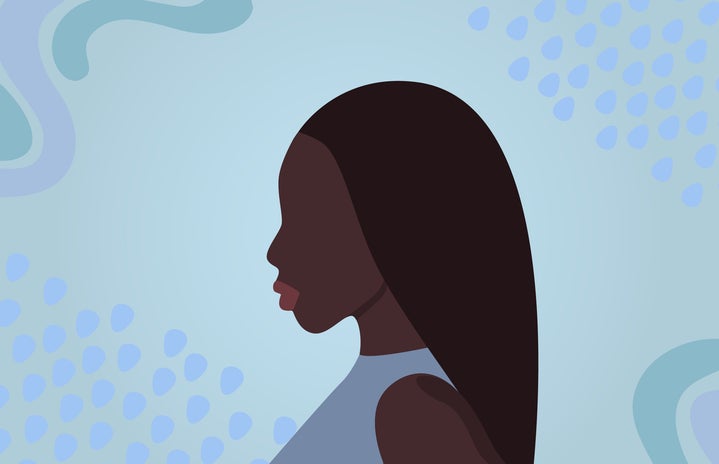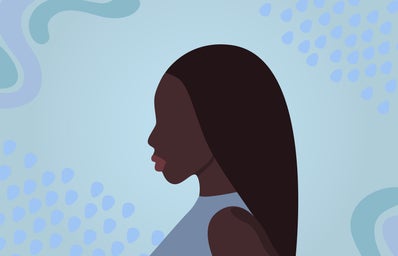Whenever the universe throws something my way, I immediately turn to Google. I like to research to see if my life is ruined — to know if I am going to die or live.
When I got diagnosed with PCOS, I wish I looked for answers, but I wasn’t curious. Nothing about the diagnosis made me care because I wasn’t really told anything that proved I should.
I had my first period when I was 11. I remember looking forward to it for so long, mostly because I was terrified it wouldn’t happen. But then, after it finally did, it didn’t for a very long time.
Strangely, I wasn’t worried because, to me, a period wasn’t a thing I should look forward to. I didn’t understand how crucial a regular menstrual cycle was for my body.
It was a thing of glee for 15-year-old me that I could go long stretches without seeing my period — that the sanitary pads I bought at the start of the term would be unopened when I took them back home for the holidays. I would even joke about it with friends, who envied my period-free life as I was missing out on the cramps, mood swings, and acne they dreaded.
In June of 2021, my mother took me to the hospital; I had an ultrasound, did some bloodwork, and then I was officially diagnosed with Polycystic Ovary Syndrome (PCOS).
According to the World Health Organization, PCOS is “a common hormonal condition that affects women of reproductive age.” Its common symptoms include irregular periods, abnormal hair growth, and weight gain.
However, there are still other symptoms that aren’t as widely known, such as sleep apnea, depression and anxiety, fatigue, hair loss, and many others. This shows that PCOS is more than periods; it’s not just a reproductive illness.
When I was first diagnosed, the doctor told me I didn’t have to come back to see them unless I was trying to conceive. Almost immediately, this illness was tied to my womb — my ability or inability to have children. The doctor said this to 16-year-old me, so of course, I didn’t care about PCOS then; I wasn’t trying to have kids!
There were so many things I was never warned about, informed of, or properly educated on. So, I thought my hyperpigmentation was me not scrubbing hard enough in the shower. That my PCOS belly and persistent carb cravings were me being just a bit too indulgent and that my anxiety was me being dramatic.
For many people, an official diagnosis brings clarity and closure. But I believe without proper education, it has no effect.
Reading Reddit threads and seeing influencers who look like me and share their experiences made me realize that all the things I blamed myself for weren’t my fault. After this, I did my own research, and I discovered things that my doctor should have told me in the first place and that everyone should know.
Knowledge is power. I’m glad I was born in a generation where women are not ashamed to talk about their health because I would’ve never stopped blaming myself otherwise.
This is why I believe women’s reproductive health shouldn’t be shrouded in secrecy. If you ask me about PCOS, I’ll share everything I know because passing on that knowledge could potentially save someone else a lot of heartbreak and struggle.


